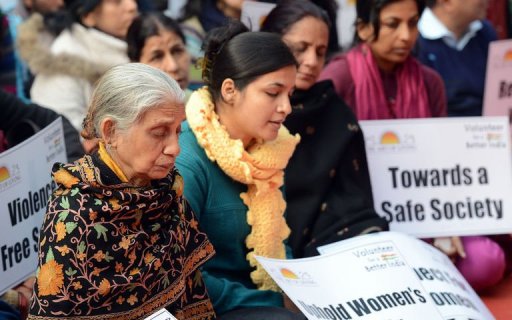CAIRO: In a visit to Cairo, President of the European Parliament (EP) Hans-Gert Pottering said that while he is against the publishing of the cartoons depicting Prophet Mohamed, he cannot dictate what the European media can or cannot do.
Pottering was speaking at a press conference held at the People’s Assembly Sunday night as he met with MP’s and PA Speaker Ahmed Fathi Sorour to quell the furious reaction that resulted from the European parliament adopting a resolution highly critical of the human rights situation in Egypt.
Pottering said, “Let me first say that the government and Prime Minister of Denmark cannot say to the media, ‘You cannot do this.’ This is part of Danish and European culture. But I said in my speech when the cartoons were published that we have to respect other cultures and the press and the media should give themselves criteria on how far they can go. There must be – I don’t want to be mistaken – a form of self control by the media by themselves; they must have a feel of how far they can go.
The EP president said, “I am a Catholic and I wouldn’t like to see cartoons of Pope Benedict in the Arab media mocking him, so I have the same position vis-a-vis representatives, religious leaders or Prophets like Mohamed. I wouldn’t like to see that in the European Union when it is offensive to people here.
“[But] please understand that the governments in the EU cannot say. ‘You have to do this or that,’ he added.
Fielding questions from Egyptian reporters, Pottering responded to accusations of double standards questioning adopting a resolution on Egypt’s human rights record while staying silent on the cartoons, as well as whether the parliament ought to look internally at violations within the European Union.
“I cannot see that I have double standards; I don’t agree to this judgment, he said. “Each parliament in the world finds answers to special questions, and that’s a right of a parliament. It may be right or wrong, but that is a right of a parliament to express an opinion, and I as president cannot change the resolution of the parliament and I must defend it.
“In parliaments you express your political opinions and you cannot dictate others. Our resolution will not change anything in Egypt; the EP has expressed an opinion. As for the cartoons, I am not in favor of this but I cannot dictate this to the media in Denmark.
“We are not perfect as Europeans and we are critical of ourselves as well.
This is our duty, he added.
Pottering’s two-day official visit to Egypt came at the invitation of Sorour. He met with President Hosni Mubarak as well as Egyptian MPs.
Sorour told the gathered reporters he was appreciative of the president’s visit, taking it as an indication of European willingness to patch relations after the fallout of the human rights resolution.
“The visit of the EP president means the dialogue has begun and that is what Egypt wants, he said. “His visit indicates a willingness to improve the relations between us.
For his part, Pottering said, “I deeply believe in dialogue. We do not always have the same ideas or opinions, we don’t always have to accept what the other thinks, but we have to respect each other.
Pottering added, “I know there are some points of human rights where we have a difference of opinion. I would never have a problem – and this is [from] a cultural background – I would never have a problem if the Egyptian government criticizes Europe or a special situation in the European Union. I would say, ‘Okay, you do it, you may be wrong, you may be right.
Let’s speak about it.’
“We don’t want war, we want peaceful cooperation and that’s why I’m here, he said.
Pottering’s visit seems to have thawed relations between the two sides, at least on Sorour’s part, as he was very willing to let bygones be bygones and draw a line through the whole affair. He did stress, however, that this was only from the Egyptian parliament’s side and didn’t extend to the executive branch of government.
“From a parliamentary view, I appreciate the visit of the European Parliament President. So after his visit, I will attend the Euro-Med parliament in Athens, which we had initially boycotted.
“The parliamentary relations have returned to what they were and as for the relationship between the Egyptian government and the EU, you must ask the foreign minister, he said.

